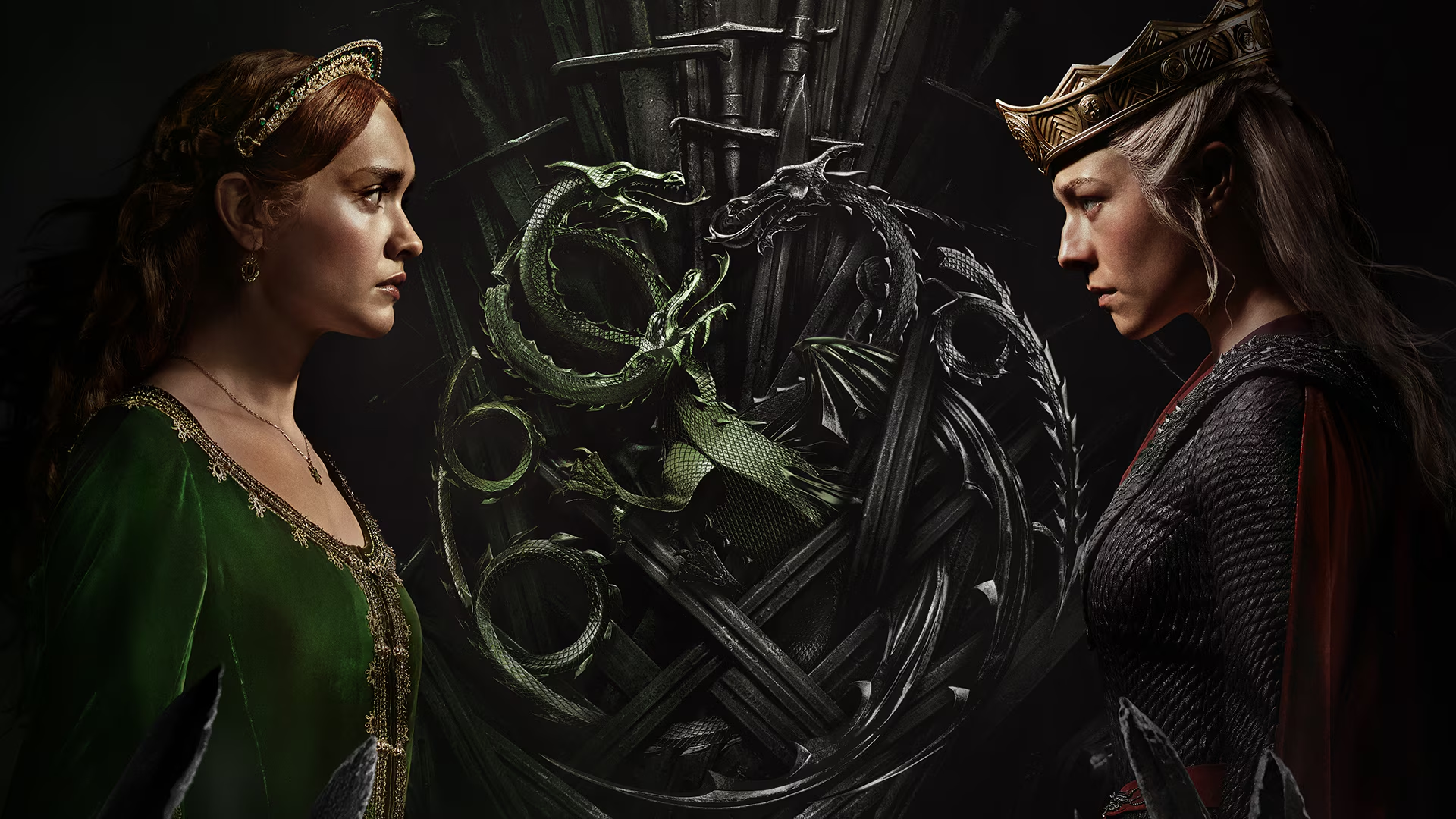Entertainment
The real message of House of the Dragon

Let’s talk House of the Dragon, but first; whose side are you on — the Greens or the Blacks?
There has never been anything more political than trying to pick a side or define morality under the spectrum of right and wrong, good and evil or just and unjust, and this, HBO Max’s House of the Dragon has proven all so well.
Is it right for Aegon Targaryen to take over what rightfully belonged to his sister and denying her of own heritage? Or is it bad for the realm to allow a Rhaenyra Targaryen to become the ruler of the seven kingdoms while having people like the ruthless Daemon Targaryen whispering to her?
If there is anything the show has done through the adaptation of George R. R Martin’s book; ‘Fire and Blood’, it is that when it comes to the ‘A Song of Ice and Fire’ universe, there is no real definition of good and evil, or whose side is deserving of a title or inheritance. There is only the real message that the writer is trying to pass to society, about conflict, war and man’s own inhumanity on man.
The real message of House of the Dragon is not about choosing between the Greens or the Blacks to sit on the Iron Throne in Kings Landing, but why one family divides itself into colors.
And unlike colors, the spectrum isn’t as clear as Green or Black but Grey, with every character in the series only a victim of the times they live in and what society defined for them.
Speaking of the ills of society, there isn’t any evil that is more than a dysfunctional family as history has shown, and that is what House Targaryen — the ruling Royal family of Westeroes had become from the reign of King Viserys the 1st.
Debates may be had of how the Hightowers; Otto Hightower and his daughter, Alicent plotted to scheme the Iron throne for themselves and away from Rhaenyra which was against the former King’s wishes, the reality of the story is that the real divide in the family is the indecision and decision of a parent in handling problems within the family.
A steady narrative of the series is Bad parenting from basically every parent on the show; King Viserys was a bad parent, not necessarily a bad father per se but a bad parent who allowed his sentiments for his daughter; Rhaenyra to be seen by all including his wife, Alicent and his other children with her. Those sentiments drew the family further apart and into separate sides rather than one family.
It allowed the schemes of Otto Hightower to be fulfilled on a large scale, and the seeds of war to be sown.
Also speaking of Otto, the Hand of the King was also a bad parent to his daughter, Alicent, who as we saw from the initial stage of the show, was just a simple noble girl with a cherished friendship with the Princess, Rhaenyra Targaryen. The two formed a bond that Otto Hightower divided when he succinctly asked his own daughter of 15 to seduce a grieving King Viserys after he had lost his first wife and Rhaenyra’s mother to child birth.
The narrative of bad parenting itself does not end with Otto, as his conniving words would go on to change Alicent to the worse, leaving the helpless woman to believe she was alone in the House of the Dragon than a part of the house itself. Otto sowed the seeds of distrust in her towards her childhood best friend, constantly warning Alicent that Rhaenyra saw her as a rival for the Iron Throne, despite the full knowledge that King Viserys had made it clear who he wants to inherit the throne upon his death.
This of course, would push Alicent to becoming a bad parent herself, neglecting the psychological and emotional feelings of her children; Aegon and Aemon whom in a functional family should and would have been closer to Rhaenyra and her kids if only she allowed it.
In retrospect, the coming war on House of the Dragon is not about taking sides or pointing blames but the central message of how bad parenting and lingering trauma in a family can bring about the fall of a society.